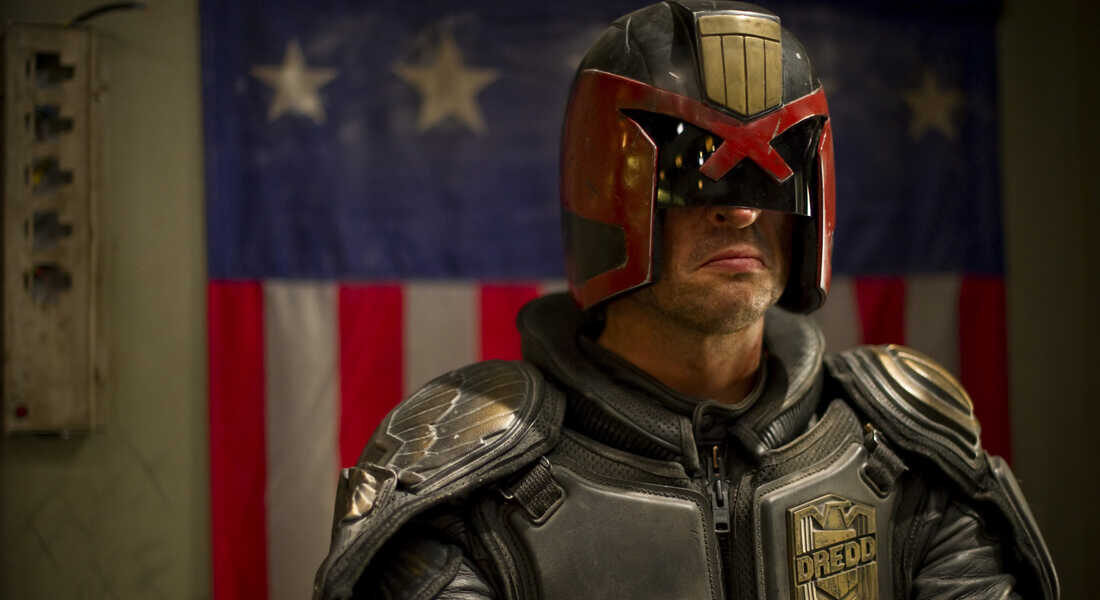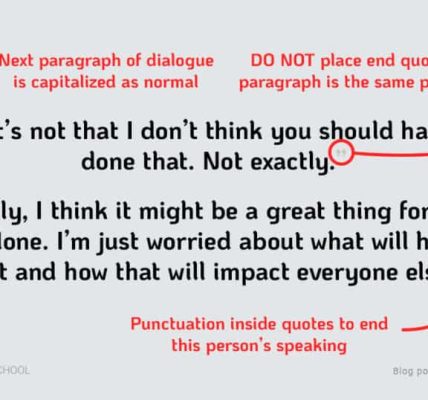Page Contents
- 1 Dredd – review
- 1.0.0.1 Review by: Anton Bitel
- 1.0.0.2 Released: September 7
- 1.0.0.3 “Male – another Judge,” says mutant psychic Cassandra Anderson (Olivia Thirlby), when asked to assess a stranger whom she cannot even see. “I can feel anger and control, but there’s something else, behind that control, something almost…”
- 1.1 Author
Dredd – review
Karl Urban as Judge Dredd in Pete Travis’ Dredd, released today.
Review by: Anton Bitel
Released: September 7
“Male – another Judge,” says mutant psychic Cassandra Anderson (Olivia Thirlby), when asked to assess a stranger whom she cannot even see. “I can feel anger and control, but there’s something else, behind that control, something almost…”
The male in question is Dredd (Karl Urban) who, as a Judge in the future dystopian conurbation known as Mega-City One, arrests, sentences, and sometimes even executes any lawbreakers – with impassivity as extreme as his violence. In a way Dredd is hidden by a screen from us, too, so laconic are his utterances and so inscrutable the emotions behind his protective mask – and while Anderson detects ‘something else’ behind the blank slate that Dredd projects, she is interrupted before she can reveal exactly what it might be.
Those who have been closely following Dredd’s adventures in the magazine 2000 AD over the last 35 years, or even those who saw him iconoclastically unmasked in Danny Cannon’s big-screen travesty Judge Dredd (1995), may feel that they have come to know something of his character – but in this new film, directed by Pete Travis (Vantage Point) from a pared-down screenplay by Alex Garland (28 Days Later…, Sunshine, Never Let Me Go), Dredd remains both a cypher and a mystery, divorced from any backstory or dramatic arc.
Instead, what we get here is just another day in the life of a hard-boiled and undemonstrative law enforcer. Tasked to assess rookie Anderson’s abilities in the field, he goes with her to investigate a grisly triple-homicide at the Peaches Trees megablock – but once they have arrested their chief suspect Kay (Wood Harris, bringing the associaated grittiness of TV’s The Wire), they find themselves locked down in the multi-story tower, with ruthless gang leader Ma-Ma (Lena Headey) demanding their heads so that no word of her massive drug operation should ever leak out.
What ensues resembles Gareth Evans’ The Raid (2011) both in the bare outlines of its trapped-in-a-building plotting and in the sheer exuberance of its approach to genre thrills. Slow-motion photography and stereoscopic imagery may both have become cinematographic mainstays of 21st century action films, but only DP Anthony Dod Mantle has thought to bring the two together, matching the lavishly slowed-down hyperreality of his kinetic sequences to the time-shifting effects of the drug (Slo-Mo) that Ma-Ma is peddling. The results are a visceral, hallucinatory and aesthetically elegant orgy of exploding flesh and decelerated descents the likes of which have not been seen before.
Dredd’s recessive character must be reconstructed both from his own judgment calls, and from his contrasts with other people. If he never shows empathy with those around him (which is not the same as having none), then Anderson appears to be his polar opposite: not wearing her mask because it blocks her psychic powers, and feeling an excess of empathy with others. Anderson is the liberal to Dredd’s reactionary – she hesitates to kill, seeing “the victim” behind the criminal, and so concludes (in words that oppose Dredd’s whole raison d’être), “I’m not going to be a judge.” All of which makes Dredd’s final assessment of Anderson so surprising, altering our view not just of her, but of him too.
On the other hand Ma-Ma, a vicious mother-and-whore combo who once “feminised a man with her teeth”, plays chief castrator to the phallic Dredd, and matches him perfectly for cold ruthlessness. Yet even though we first see her luxuriating in a soapy bath, she is, unlike Dredd, as happy to “do this messy” as “do this clean”, and her contempt for the very law that defines Dredd (“I am the law” being his catchphrase) extends to her willingness to kill literal floorloads of civilians who happen to be in her way. This marks her out from Dredd who, though he may embody the sort of rightist fascism that would make even Dirty Harry blush, always adheres, incorruptibly and uncompromisingly, to the dictates of the law that he is sworn to uphold (differing in this respect even from several of his fellow Judges).
Still, when he metes out his final judgment upon Ma-Ma, executing it in a manner neatly designed both to end permanently her criminality and to save thousands of others’ lives, he throws in an extra touch that has little to do with the law, but that explicitly feeds our viewing pleasure as much as it implicitly fuels his own, decidedly extra-legal sense of satisfaction. It is an odd and confronting moment – a false note, whether engendered by Dredd’s anger finally getting the better of his control, or else by that ‘something else’ about him to which Anderson alludes at the beginning. Whatever the case, if the film ends in a spectacular slo-mo fall, it is one whose nuanced ethical ramifications bring us all crashing down with it.
All of which is to say that Dredd 3D is a tough, tense and often very funny film – but at its heart is an enigmatic character through whom an understated discourse on the nature of justice and morality is allowed to play out in any way, ultimately, that we choose.
4 stars











